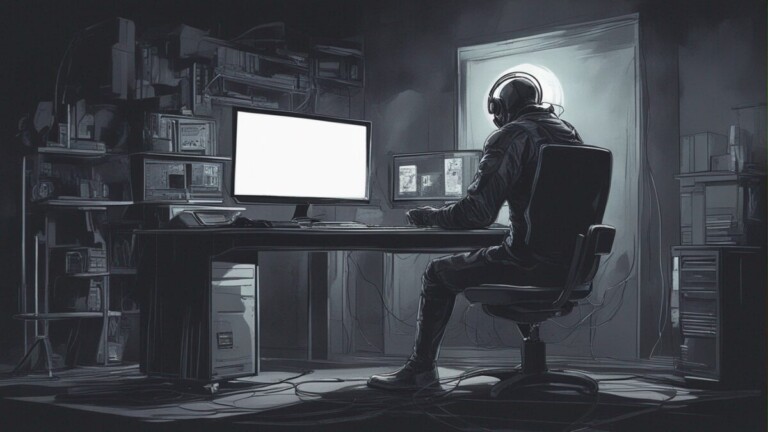Social media stalking refers to the excessive monitoring or scrutinizing of someone’s social media profiles without their knowledge or consent. Unlike casual browsing, stalking behaviors are often characterized by an obsessive interest in the other person’s online activities. This could involve repeatedly checking someone’s profile, photos, status updates, online friendships, and even locations.
Stalking on social media can be motivated by various factors, such as curiosity, jealousy, or a desire for control. The person doing the stalking could be anyone from a friend, family member, or acquaintance to an ex-partner or complete stranger. This behavior can sometimes escalate into harassment or cyberbullying, potentially causing significant emotional distress to the person being stalked.
Legal Ramifications
Although laws vary by jurisdiction, social media stalking can sometimes fall under the umbrella of cyberstalking, which is illegal in many places. Legal penalties may include restraining orders, fines, or imprisonment, depending on the severity and duration of the stalking behavior.
Psychological Implications
The impact of being stalked on social media can be mentally and emotionally damaging. It can lead to feelings of violation, insecurity, and paranoia. In some cases, it may also result in real-world stalking and physical danger.
Safety Measures
For those concerned about social media stalking, safety measures can be adopted. These include setting profiles to private, being mindful of the information shared online, and blocking or reporting suspicious users. Many social media platforms offer features to help protect user privacy and report abusive behaviors.
Overall, social media stalking is a concerning issue that highlights the complexities and potential dangers of digital interactions. The topic continues to gain attention in both legal and psychological circles as society grapples with the implications of our digital lives.
